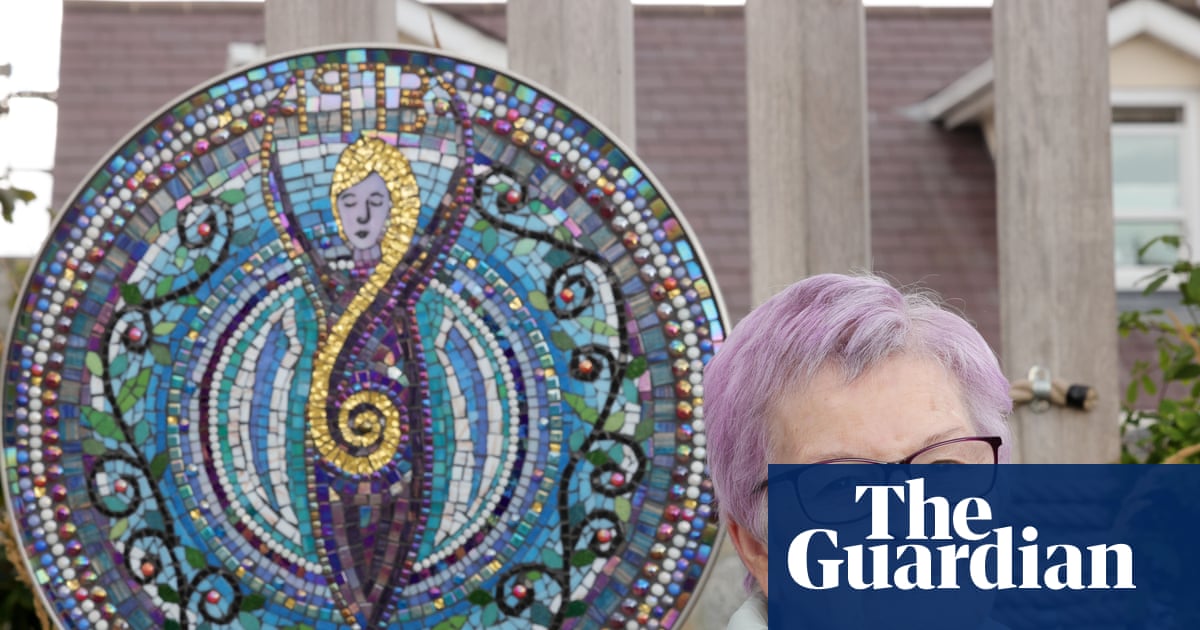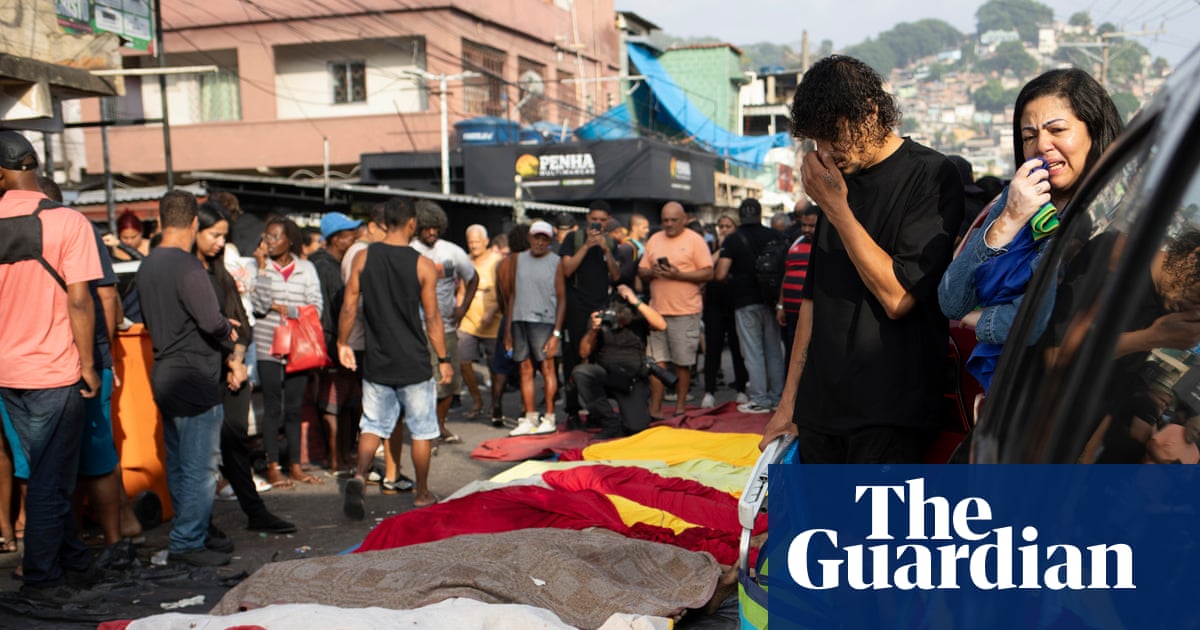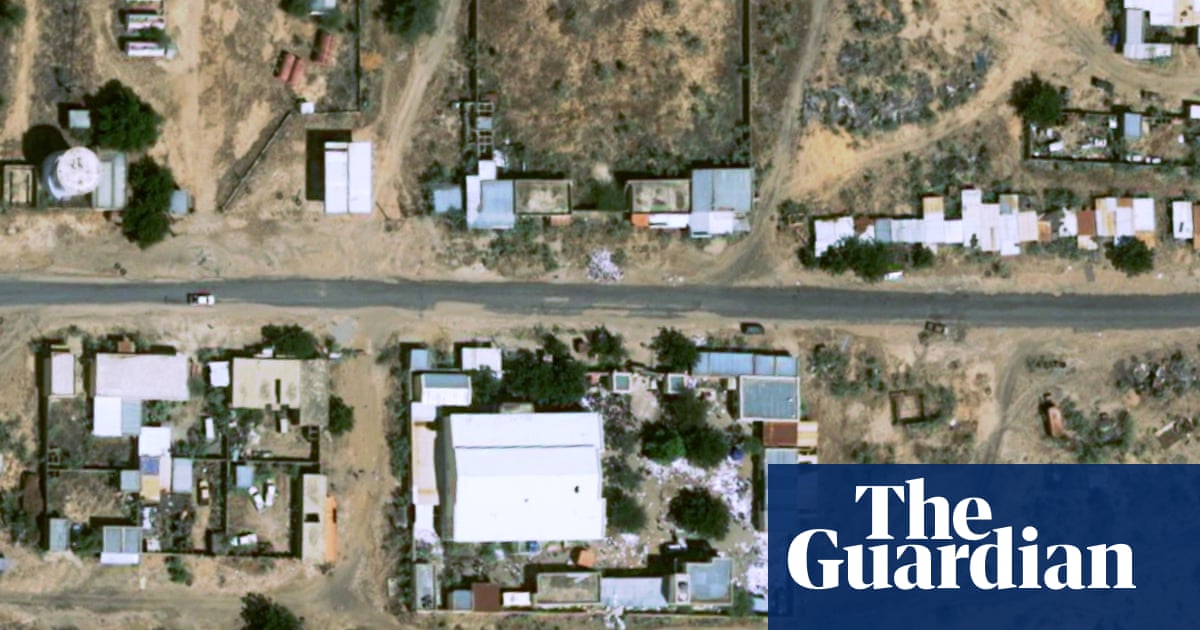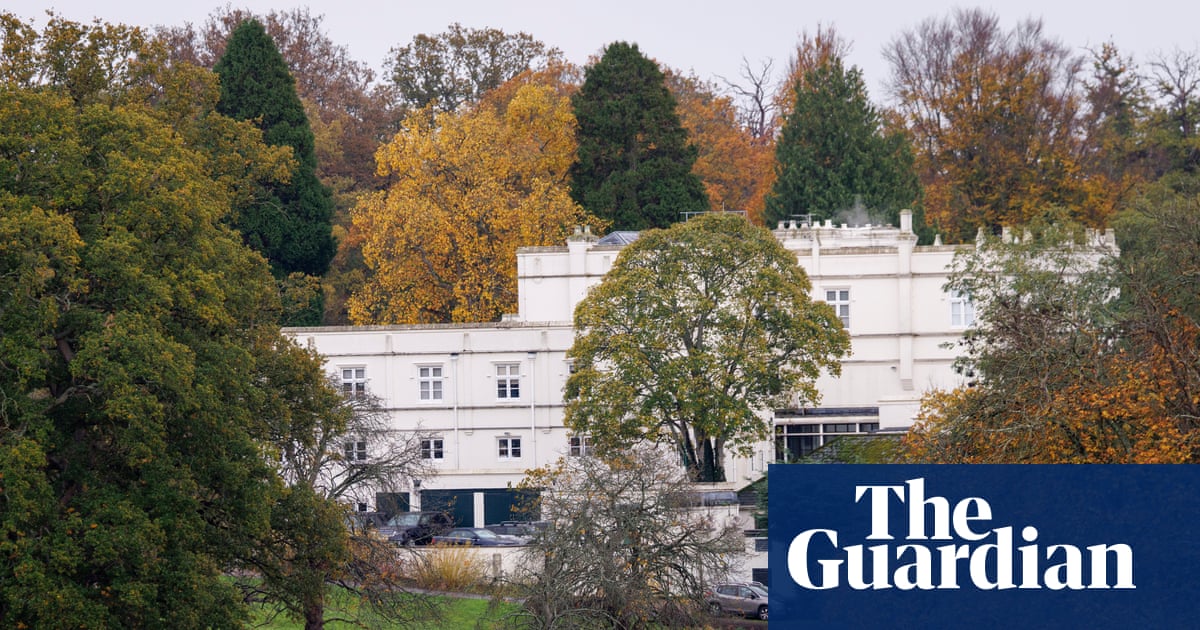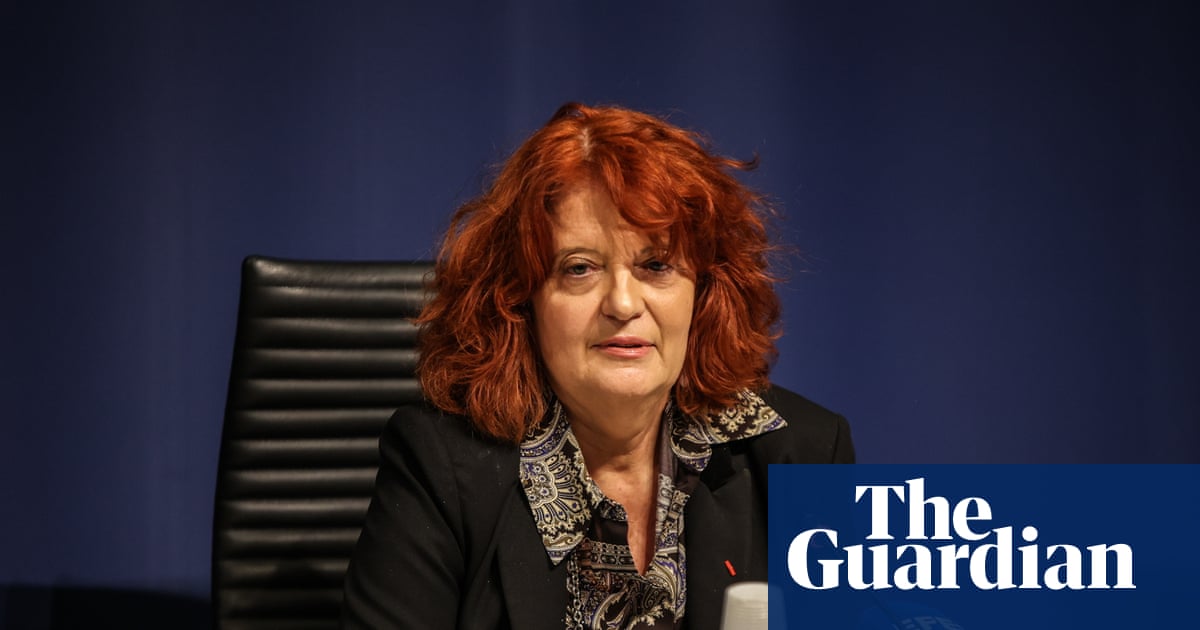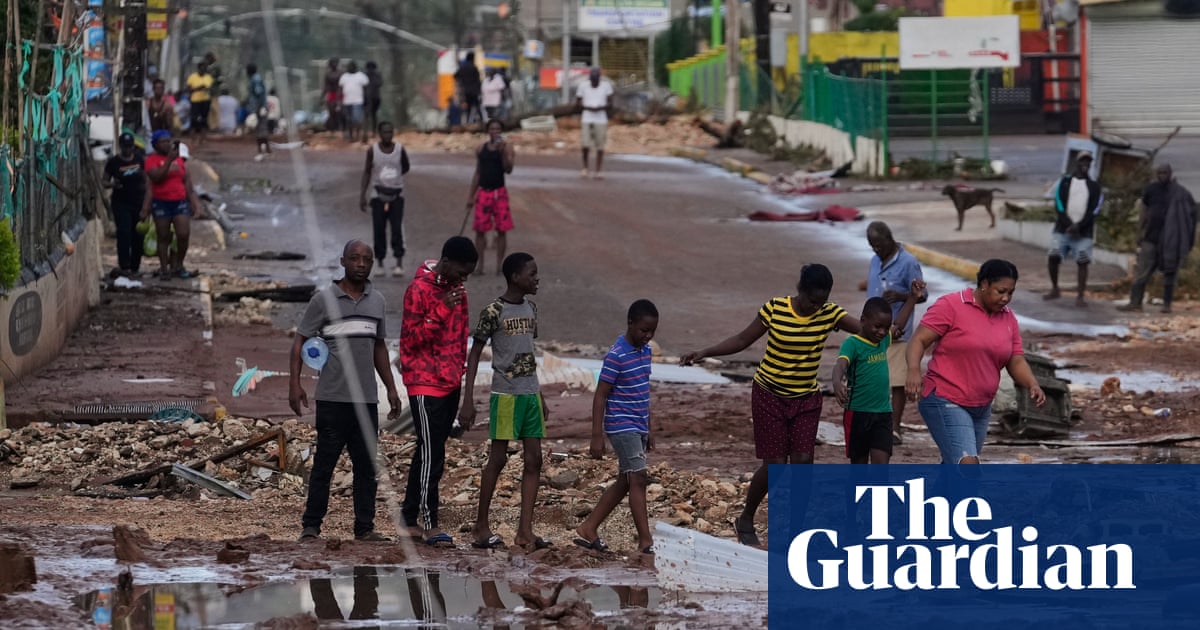Pressure is mounting on ministers to intervene on behalf of 40 students in Gaza who have been offered full scholarships to study at UK universities, but are unable to take up their places this September because of government red tape.
A high-level meeting is understood to have taken place at the Home Office on Tuesday after MPs and campaigners highlighted the students’ plight, calling on ministers to take action to help secure their safe passage to the UK. Some students are reported to have been killed while waiting, while others are said to be in constant danger.
Campaigners say students are unable to travel and begin their studies because of a Home Office requirement for biometric data for a visa application. The UK-authorised biometrics registration centre in Gaza closed in October 2023 and it has been impossible for them to travel to other centres in neighbouring countries.
They are calling on the government to grant the students a biometrics deferral, and to help them find a safe route to a third country where they can complete their visa application and travel on to the UK.
Dr Nora Parr, a researcher at Birmingham University who is supporting the students in Gaza, said Ireland, France, Belgium, Germany and Italy had already helped evacuate students with university places in their countries.
“The students who studied, took TOEFL (Test of English as a Foreign Language) tests, wrote admissions essays and did virtual campus interviews under the most horrendous conditions imaginable – many from tent homes and makeshift wifi hubs – now must wait for a government decision.
“To not act is to decide to leave them without these hard-earned educational opportunities.”
Parr said the government’s immigration white paper earlier this year made clear the government’s intention to reduce international student visas to UK universities. “This, combined with the current government’s tough stance on immigration, and absence of direct support for Palestine, has left these students in the most dire limbo.”
The University and College Union (UCU), representing 125,000 education workers, added its voice to those demanding government action. In a letter to Yvette Cooper, the UCU general secretary, Jo Grady, urged the home secretary to “expedite the process and ensure all these young Palestinians make it to our seminar rooms and lecture halls for the start of the academic year”.
The students, who include doctors, midwives and mental health professionals, hold places at about 30 universities including Oxford, Cambridge, St Andrews, Edinburgh and University College London, where they hope to study dental public health, data science and AI, and genomic medicine, among other subjects.
Soha, 31, is hoping to study for a PhD in nursing and health research at the University of Ulster. She said: “As a midwife living and working in Gaza, I have witnessed the unimaginable: mothers giving birth under fire, newborns taking their first breath in shelters, and health professionals struggling to provide care with little more than courage and commitment.”
She told the Guardian the government must act as a matter of urgency. “We need them to be faster making the decisions that we are waiting for. Give us the biometric waiver that we want and facilitate our safe passage. We are running out of time.
“I carry with me the hopes of countless women and colleagues back in Gaza. When I return, I plan to lead maternal health research in Palestine. I want to train a new generation of midwives in evidence-based, trauma-informed care, so that even in crisis, childbirth can be safe and dignified.”
Abtisam Mohamed, the Labour MP for Sheffield Central, who is advocating for the students in Gaza as co-chair of the all-party parliamentary group (APPG) for international students, said: “Gaza’s education system, like so much else, has been all but obliterated.
“Amid these catastrophic conditions, some of the brightest students of their generation have secured scholarships to study at universities abroad, but they cannot provide documentation because Gaza’s only visa application centre has been destroyed. Ireland, France and Belgium have acted to ensure their students can reach safety; the UK has not.
“This is not hypothetical; some of these students have already been killed while waiting and others remain in constant danger. I’m pressing ministers to address this as soon as possible, as every minute increases the likelihood that more young lives will be lost.”
Universities that have offered places to the students urged the government to step in. “It is really important that we keep the life-changing opportunity of higher education open for students whose lives are being overturned by conflict,” said Dr Michael Spence, the president and provost of University College London.
“The dedication these students have shown and their determination to keep learning despite incredibly difficult circumstances demonstrates how hugely motivated they are to take advantage of everything that UCL can offer them, to shape a better future for themselves, their families and their communities.
“Any action the government can take to help them find ways around the barriers that the situation in Gaza presents would be hugely welcome and of very great benefit.”
A government spokesperson responded: “We are aware of the students and are considering the request for support.”

 3 months ago
40
3 months ago
40


